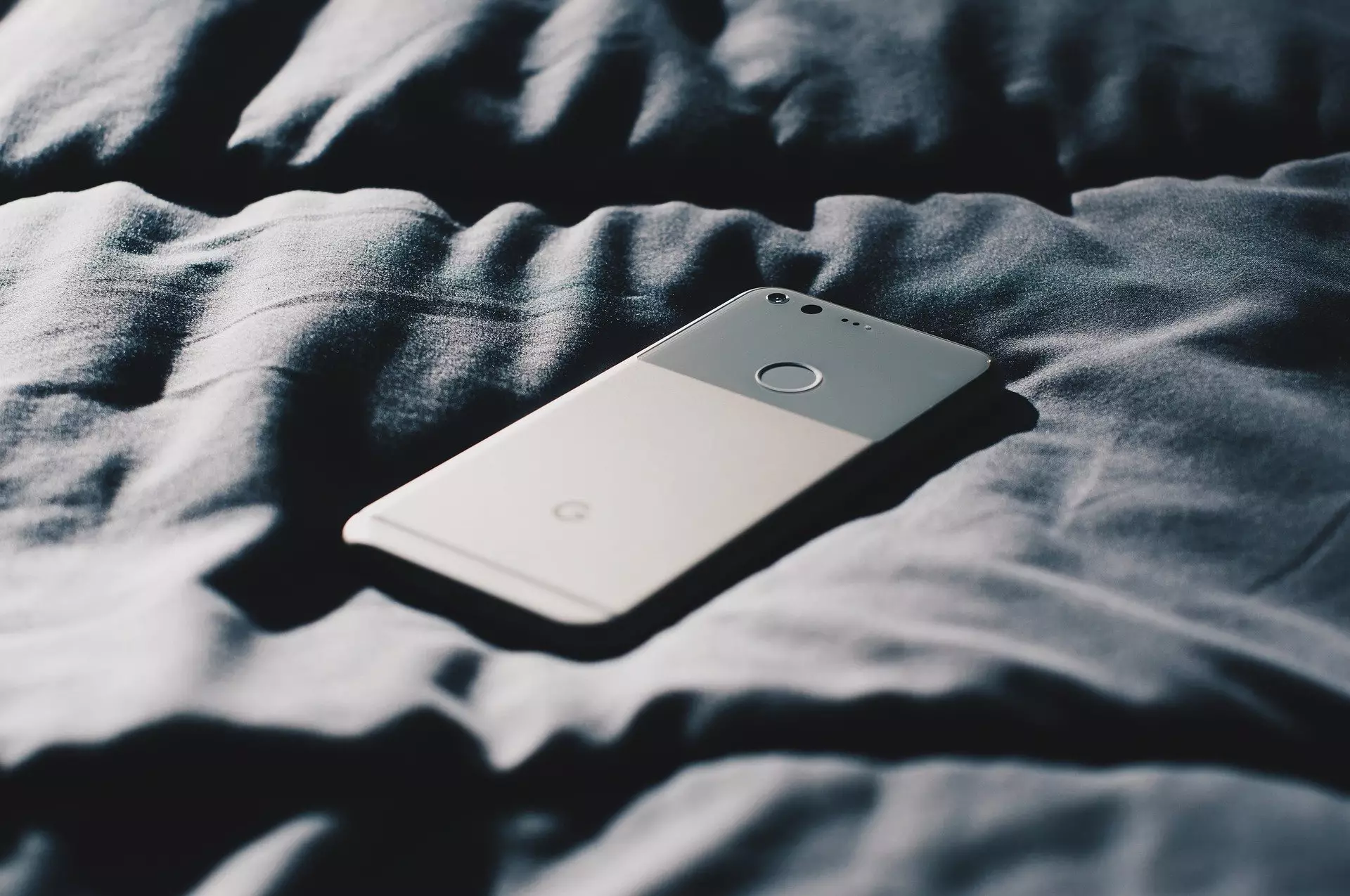
If you're guilty of staying up well into the early hours watching Netflix or scrolling through your social media feeds, you're not alone - in fact, there's a perfectly good, scientific reason behind such behaviour.
Psychologists have dubbed the practice 'revenge bedtime procrastination', which is a relatively new idea in the field, defined by Medical News Today as 'the act of staying up after all the day's chores and activities are complete'.
It's basically a way for people to gain control over their lives when they feel like they don't have time to fit in leisure activities during the day.
Advert
Sara Makin, a psychotherapist and CEO of online counselling service Makin Wellness, told the publication: "Revenge sleep procrastination is still a new concept, so there are still debates regarding the psychology of this.
"There may be a connection between heightened daytime stress and bedtime procrastination."
The concept originated from a Chinese word which means feeling frustrated by a long, stressful work day and having little time left for leisure. The word 'revenge' refers to this decision to take back control of the day by delaying sleep.

Advert
Environmental psychologist Lee Chambers told Medical News Today: "In my professional experience, this [behavior] presents most often in late Millennials and Gen Z's in high-pressure positions with ambitious goals and career objectives.
"Their behaviors are, in a way, a rebellion against the organisational cultures they are trying to navigate, and they are often aware of just how pivotal sleep is to health and performance."
The Sleep Foundation says there are three main signs of revenge bedtime procrastination to look out for:
- Delaying going to sleep, which reduces your sleep time
- Not having a valid reason for staying up, such as an event or an illness
- Being aware that delaying your bedtime will lead to negative consequences.
Makin added: "The only positive with revenge sleep procrastination is that there's a false appearance that you have more control over your life. This is very reinforcing and will entice you to continue this behavior, even though the risks outweigh the rewards.
Advert
"There is no genuine positive effect to reducing the quality and time of your sleep. Consistent and good quality sleep is the foundation of sound physical and mental health."

Lack of sleep can sometimes lead to poor cardiovascular health, and metabolic disorders like diabetes. It's also been linked to reduced immunity and even a reduction in the effectiveness of vaccines.
There are, however, things you can do to get yourself into a good routine and practice what is called 'good sleep hygiene,' such as:
- Keep to a routine
- Avoid drinking caffeine late in the afternoon and evenings
- Stop using electronic devices around an hour and a half before going to bed (something we're all guilty of not doing)
- Relaxation methods, such as meditation or reading a book.
You should also make sure your bed is comfortable and inviting so you'll want to fall into it and go to sleep.
Advert
Fitting in time for self-care in the early evening and at weekends can also prevent you wanting to take 'revenge' by delaying your bedtime.
Words: Laura Sanders
Featured Image Credit: Pexels
Topics: Science, World News, News, Sleep, Sleeping